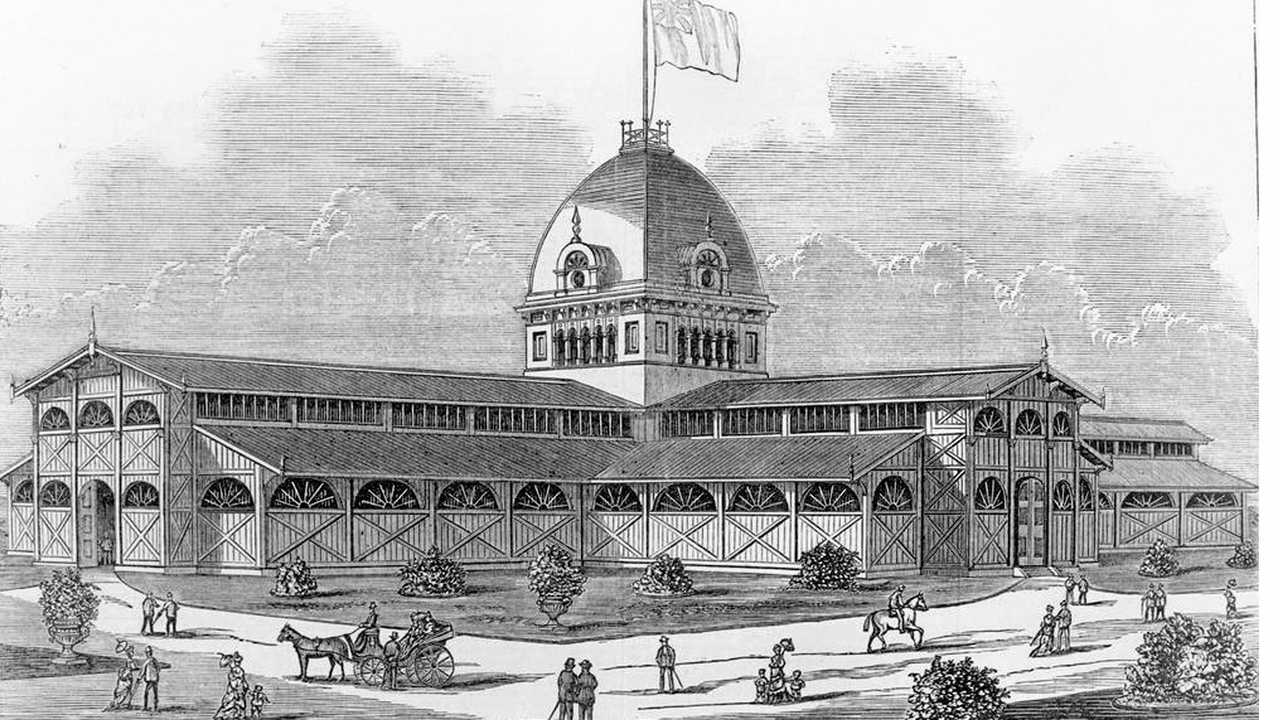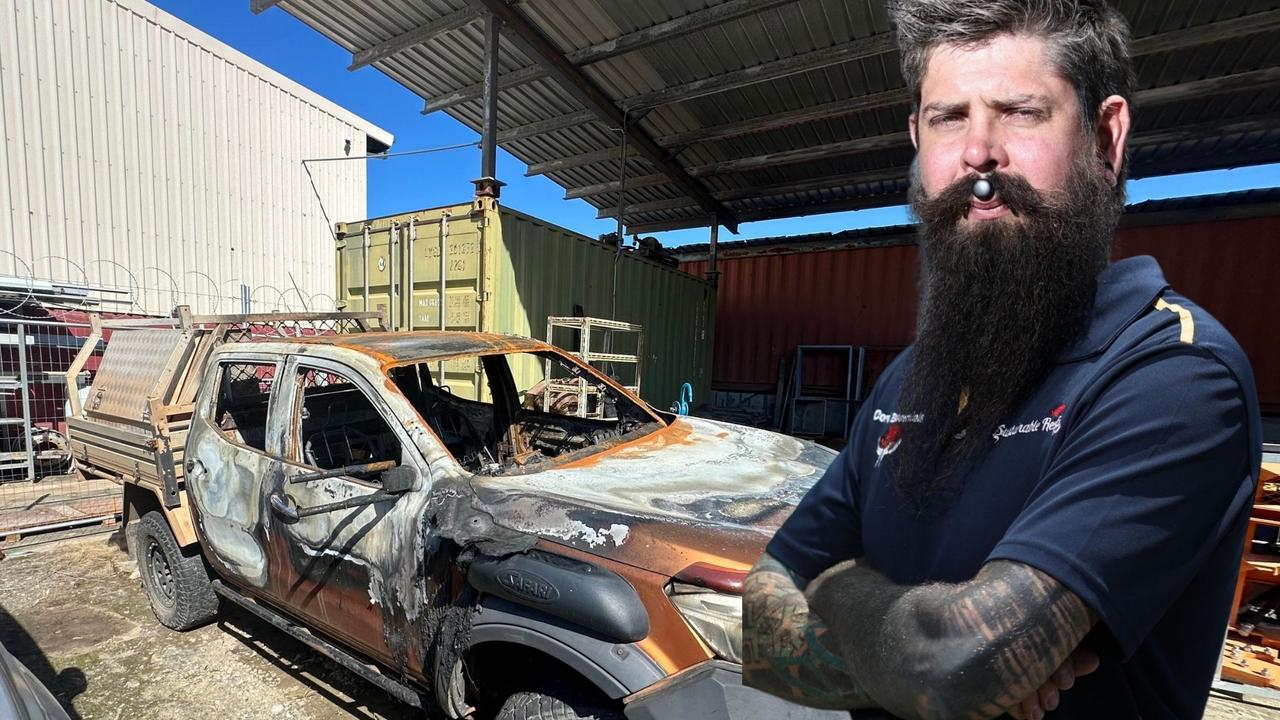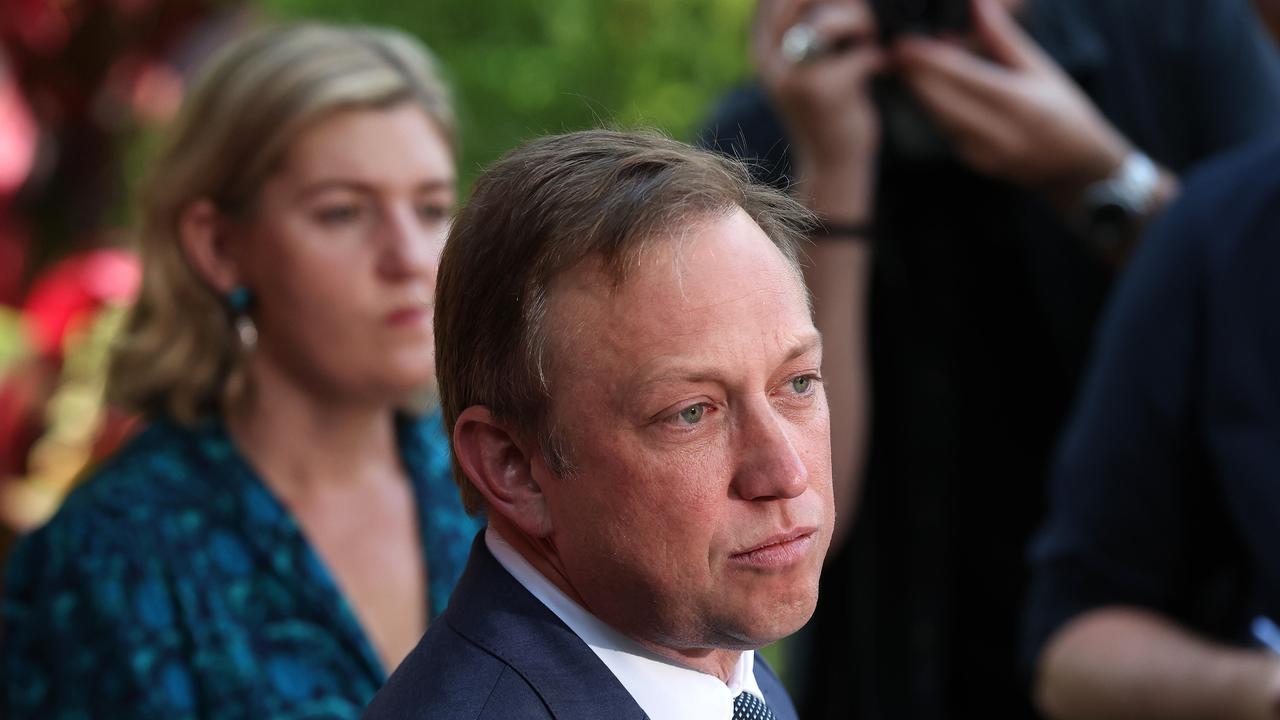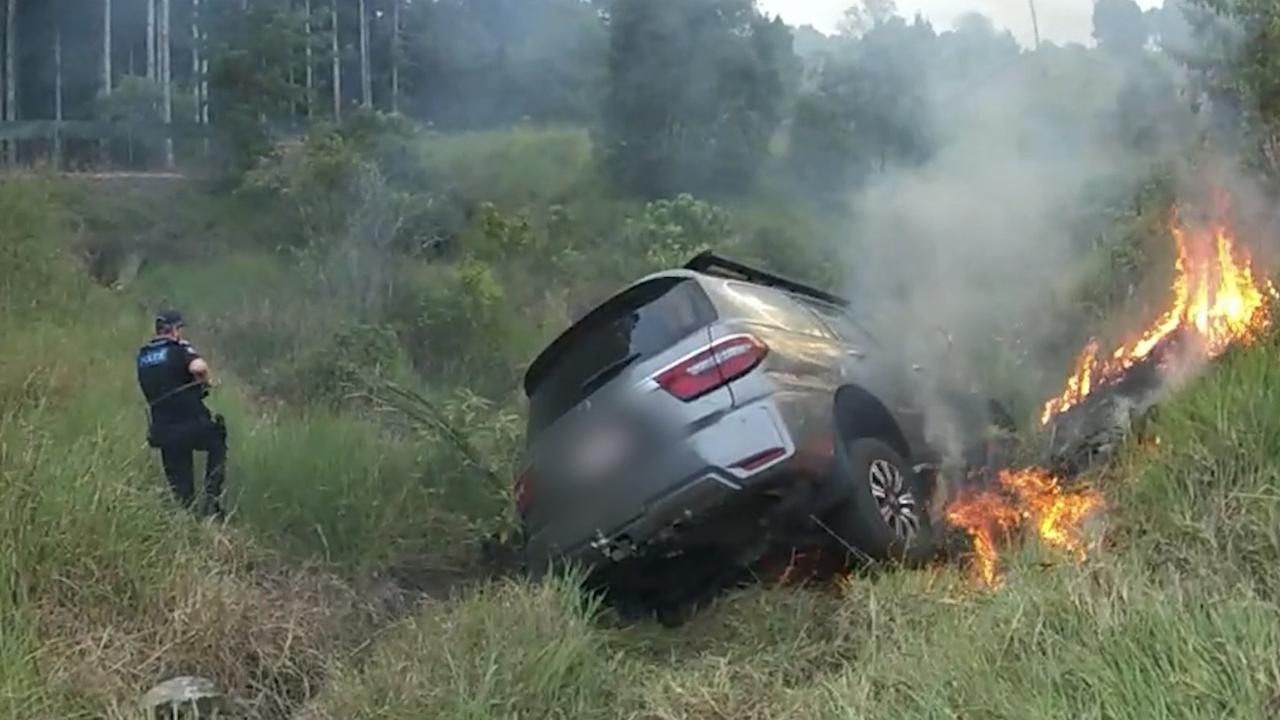Pioneering characters, royal visits set the tone for 1800s
ENGLISHMAN William Howarth Ackerley had been educated at Rossall College but decided to "try his luck in Australia” and arrived in 1858.

Ipswich
Don't miss out on the headlines from Ipswich. Followed categories will be added to My News.
LIEUTENANT-Colonel William Howarth Ackerley had been born on April 5, 1838, at Wigan, Lancashire, and been educated at Rossall College, where he planned to study law.
Instead, he decided to "try his luck in Australia” and arrived in Victoria in 1858.
He then became interested in the western districts of Queensland and, in 1868, he purchased an estate at Riverview Queensland.
Mr Ackerley became an active member of the Ipswich Athenian cricket Club. In 1871, he was initiated as a member of the Loyal Rose of Denmark Lodge at Goodna. In the early 1880s, he took command of the Ipswich F Company of rifles as captain.
He had always had an ambition to be a soldier and in Queensland he worked in many positions related to army duties.
When he retired from the army, he was granted the rank of honorary lieutenant-colonel.
He had put in more than 19 years of service.
As a Queenslander, he had served as quarter-master and supply officer for the 3rd, 4th, 5th and 6th contingents which left for South Africa during 1988.
He also officiated in a similar capacity at several of the annual encampments at Lytton.
It is also recorded that he was perhaps one of the oldest justices of the peace in the West Moreton district as he had been appointed a magistrate on the July 17, 1874.
This military man who died on October 31, 1912, was buried in the Ipswich Cemetery on November 1, 1912, and the service was conducted by the Rev J, Elliott, curate of St Paul's Anglican Church.
GENIAL FRED - CATERER
The death occurred on August 1, 1894, of a well-known Ipswich caterer, Mr Frederick Whitehouse.
He had arrived in Brisbane in March 1863 and then came straight on to Ipswich.
Mr Whitehouse worked as a General Baker with Mr G. Holt in Bell St for some time, then with Mr Gulliver during the erection of the Bremer Bridge.
Following this, he was employed by Mr G, Wright, a baker of Brisbane St.
Mr Whitehouse's first big catering job was when the Duke of Edinburgh came to Ipswich in 1868 and his services then were in great demand.
The tin mines at Stanthorpe attracted "Genial Fred” as he was known, and he spent six months there before returning to Ipswich and opening his own business in Nicholas St.
Fred did the catering at the Exhibition Building in Brisbane when two sons of the Prince of Wales (Princes Edward and George) came to Australia.
Apart from his bakery and catering business, Mr Whitehouse was interested in the development of coal mining and was chairman of the Boxwood Coal and Coke Company.
EARLY VETERINARY SURGEON
James Allen who was one of the earliest veterinary surgeons to settle on the Downs in the early 1850s came to Australia by the sailing ship Lady Flora.
During the voyage, he was entrusted with the charge of one of the first thoroughbred stallions ever imported direct from the "Old Country” into what is now Queensland.
This animal was stated to have been the sire of the famous racehorse Zanco, which frequently distinguished itself on the North Australian racecourse, near Ipswich.
The horse was brought out for the Messrs Gilbert and Walter Davidson, who succeeded Mr Leslie on the Canning Downs.
Mr and Mrs Allen had three sons, one of whom (Fred) became an auditor in the Queensland Railway Department.
In the 1870s, he was a prominent Ipswich cricketer who played in the never to be forgotten, Bush vs Town cricket matches. Another son (John) became the first government printer in New Guinea and accompanied Sir Peter Scratchy of Port Moresby as the first Resident Governor of that country.
NAMES
In a write-up published in the Queensland Times in 1911, T. Barker said "very few people know of the existence of such a railway station as Benarkin which, was alleged, was the Aboriginal name for Blackbutt.
This rising township being also known to the pioneer residents and Burnett districts as the "Well Hole”.
Originally published as Pioneering characters, royal visits set the tone for 1800s






